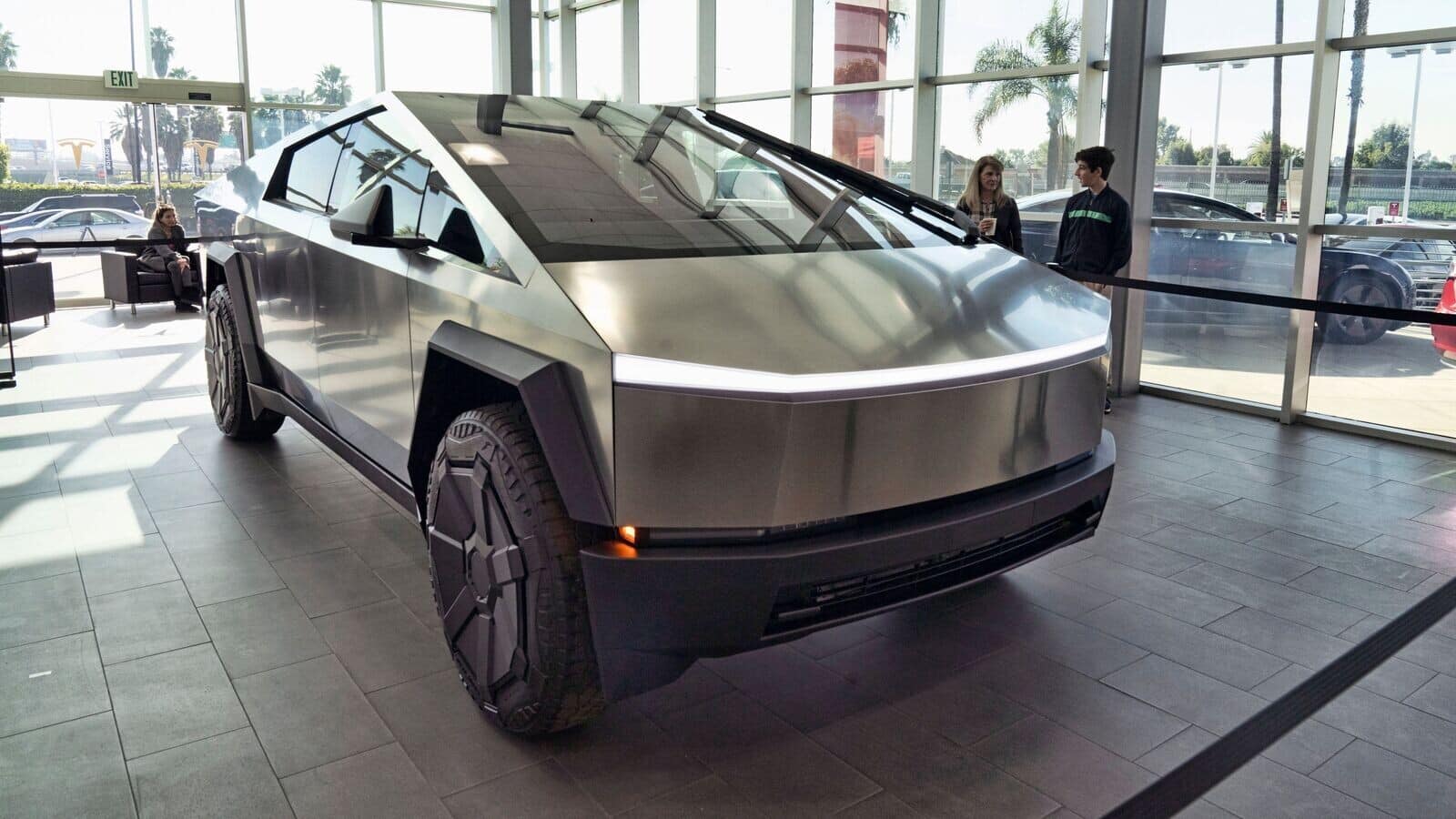
Tesla's design alterations lead to decline in EV quality rankings
What's the story
Tesla, once a frontrunner in electric vehicle (EV) quality, has seen its reputation falter due to design modifications that have left customers disgruntled.
The company's changes to basic features like window controls and the horn have sparked complaints from owners.
In certain models, the horn was relocated from the steering wheel's center to a button on its spoke, while turn-signal stalks were replaced with directional arrow buttons on some models' steering wheels.
User discontent
Customer dissatisfaction rises with Tesla's design overhaul
Tesla's design changes have not been well received, leading to increased dissatisfaction among customers.
Frank Hanley, J.D Power's senior director of auto benchmarking and author of Initial Quality Study for the 2024, highlighted that in emergency situations, drivers don't want to think about how to use the horn.
He added that customers are reporting an increase in "eyes-off-the-road time" as they have to search for controls.
Quality rankings
Tesla's quality score slips in quality survey
J.D. Power's Initial Quality Study for the 2024 model year now ranks Tesla alongside competitors like Rivian Automotive Inc. and battery-powered models from traditional automakers such as General Motors.
The study, which measures car reliability in the first three months of ownership, has added data on dealership visits for repairs and features like rear emergency braking and back seat reminders this year.
EV performance
EV makers score low in quality rankings
The industry average for problems this year was 195 per 100 vehicles.
However, pure EV manufacturers like Tesla and Rivian scored lower on the quality rankings with 266 problems per 100 vehicles.
Polestar topped the list of brands with the most issues, recording a staggering 316 problems per 100 vehicles.
Hanley pointed out that while EVs have fewer parts to malfunction, they are packed with new technology that can potentially fail.
Dealership visits
High severity problems drive EV owners to dealerships
According to Hanley, EV owners are experiencing problems severe enough to necessitate taking their new vehicles into the dealership at a rate three times higher than that of gas-powered vehicle owners.
This observation underscores the challenges faced by EV manufacturers in ensuring the reliability and user-friendliness of their technologically advanced vehicles.